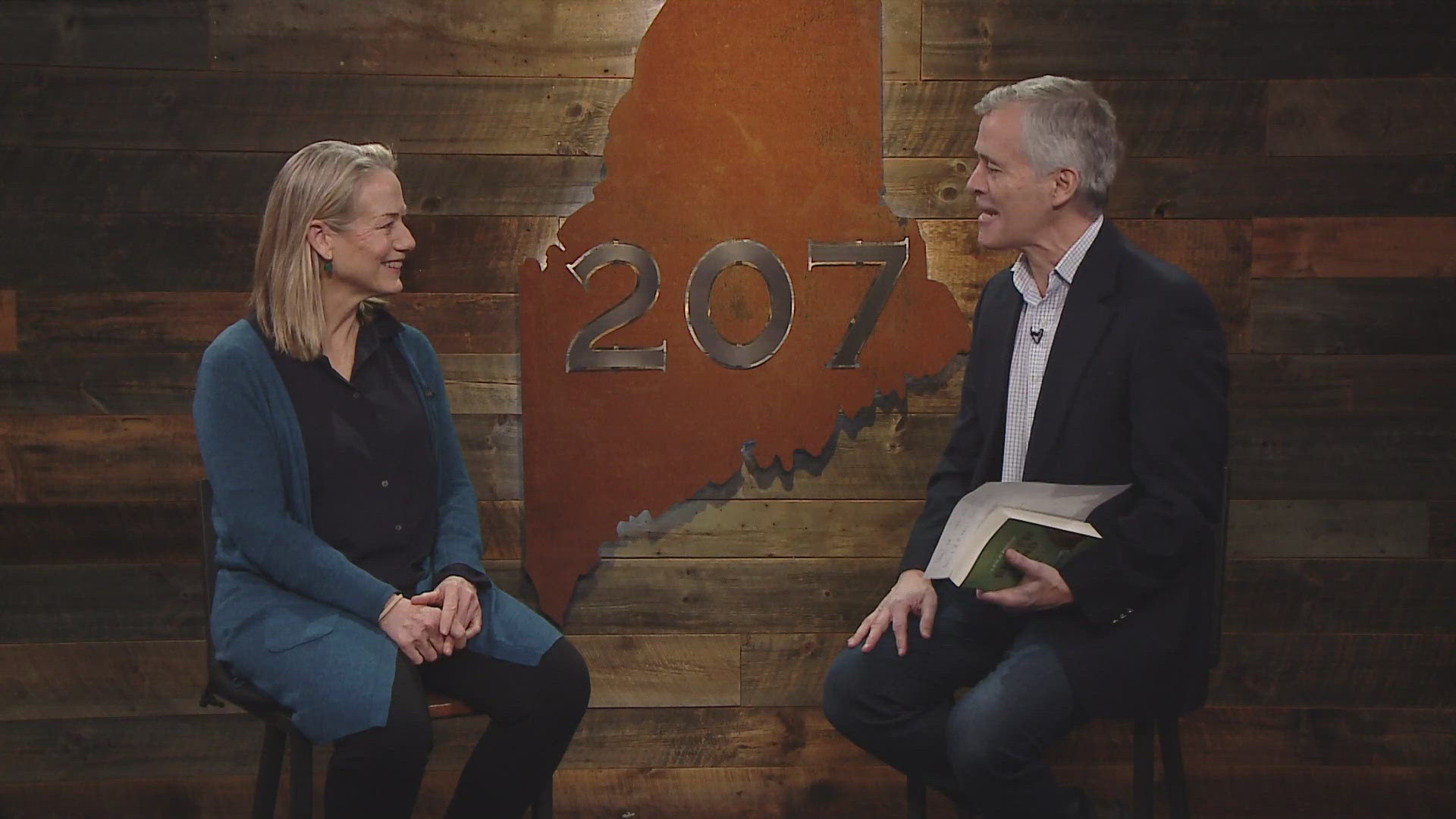PORTLAND, Maine — Leila Philip was taking a walk one day near her home in Connecticut when she was startled by a sound—a loud, sharp crack that echoed through the woods.
"I had no idea what was going on," Philip said. "I thought a gun had gone off."
In fact, what she had heard was something altogether different: a beaver slamming its tail on the water.
In the weeks that followed, Philip spent considerable time observing the beavers in their native habitat.
"When I looked and saw what was happening," she said, "and started to watch the transformation of the woodland from marsh to pond—and the tenacity of this animal—I was hooked."
The story that began that day led Philip to write a nonfiction book called "Beaverland: How One Weird Rodent Made America." The things you didn’t know about beavers could, well, fill a book.
A few highlights
During their exploration of the western U.S., members of the Lewis and Clark expedition considered the flesh of beaver "a delicacy among us." A favorite was boiled beaver tail, "which Lewis described as tasting like 'fresh tongues and sounds of cod.'"
Only fifteen years after arriving in New York City, German native Johann Jacob Astor became America’s first multimillionaire. He built his fortune by trading beaver pelts.
And one more: "In 1948, Idaho officials instituted a program in which seventy-six beavers were flown into remote areas in boxes, then thrown out of the plane to descend by parachute. The first beaver that parachuted down was named 'Geronimo.'"
In writing the book, Philip hoped to show "how beavers are central to the health of the river network—the vast circulatory system that pulses water throughout the continent." Where beavers thrive, they help create a better, healthier environment.
So what can the average person do to ensure beavers are around and prospering for a long time to come?
"Find out about the waters where you live," Philip wrote. "Learn about them and do whatever you can to protect them, locally and nationally."

